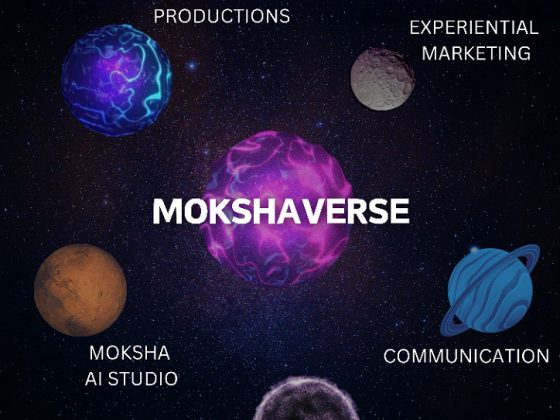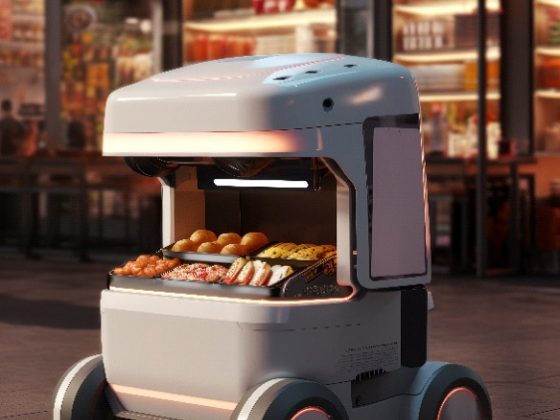AI-Driven Marketing in FMCG
By Roopak Pathak
Artificial intelligence (AI) is transforming the fast- moving consumer goods (FMCG) sector, offering innovative ways for brands to understand, predict, and engage with their customers. In an industry characterised by high consumer volumes and constant demand fluctuations, leveraging AI is not just a competitive advantage; it’s essential. AI-driven marketing enables FMCG brands to convert complex, high- volume data into actionable insights, accurately anticipate consumer needs, and provide highly personalised experiences. According to McKinsey, FMCG companies adopting AI-enhanced personalization can expect a 10% increase in sales while also reducing operational costs through efficient, data-driven targeting of campaigns.
“Decoding Consumer Behaviour: AI as the Modern Market Researcher”
FMCG industry
Traditional market research in the FMCG industry often needs help to keep up with the rapid shifts in consumer preferences. AI-based analytics offer a solution by allowing real-time monitoring of consumer behaviour, helping brands make informed decisions on the fly. For example, Coca-Cola utilises AI to track social media sentiment, enabling the company to quickly adapt its marketing strategies to align with changing consumer attitudes. By continuously analysing historical data, seasonal trends, and other factors, AI provides predictive insights that aid brands in anticipating demand changes, optimising supply chains, and avoiding costly stockouts.
AI-powered sentiment analysis also deepens consumer understanding. By processing large volumes of data from social media, product reviews, and other digital channels, sentiment analysis tools offer brands like Unilever insights into customer perceptions and brand affinity. This allows brands to proactively respond to customer sentiment, reinforcing positive views and addressing concerns before they escalate.
Nestlé’s recent use of AI-driven predictive analytics during the 2023 holiday season exemplifies AI’s tangible impact on FMCG operations. Faced with fluctuating demand, Nestlé employed AI to predict spikes in demand for specific products, allowing the company to adjust its inventory and marketing strategy accordingly. This approach resulted in a 20% reduction in stockouts, improved supply chain efficiency, and enhanced customer satisfaction.











